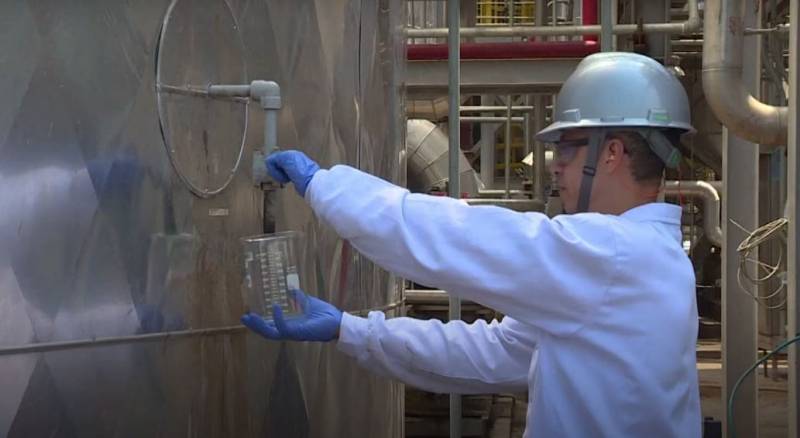Scientists successfully isolated 'green' hydrogen from sea water without the use of precious metal catalysts

After initial successes, an international team of scientists will work to expand the production of hydrogen from seawater through the use of a larger electrolyzer. If all goes well, the next plans for engineers are to use in commercial processes the production of hydrogen for fuel cells and in the synthesis of ammonia.
Professor Shizhang Qiao of the University of Adelaide and Associate Professor Yao Zheng of the School of Chemical Engineering led an international team that successfully split seawater without pretreatment to produce "green" hydrogen.
Professor Qiao:
In an interview with the press, fellow Associate Professor Zheng explained that they used seawater as a feedstock without the need for any pre-treatment processes such as reverse osmosis desalination, purification or alkalization. The performance of a commercial electrolyser with seawater catalysts is close to that of platinum-iridium catalysts operating on a highly purified deionized water feedstock.
Professor Zheng added:
Sea water is an almost endless resource and is considered a natural electrolyte. This is more practical for regions with long coastlines and abundant sunshine. However, this is not practical for regions where sea water is scarce.
Seawater electrolysis is still at an early stage of development compared to pure water electrolysis due to side reactions of the electrodes and corrosion arising from the difficulties of using high salinity water.
The scientists' development offers a solution for the direct use of sea water without pre-treatment systems and alkali addition, which demonstrates a performance similar to that of the existing metal-based pure water electrolyzer.
The prospect of a significant reduction in the cost of the water source plus the elimination of the use of precious metals holds great expectations, as the scientists themselves put it.
Information